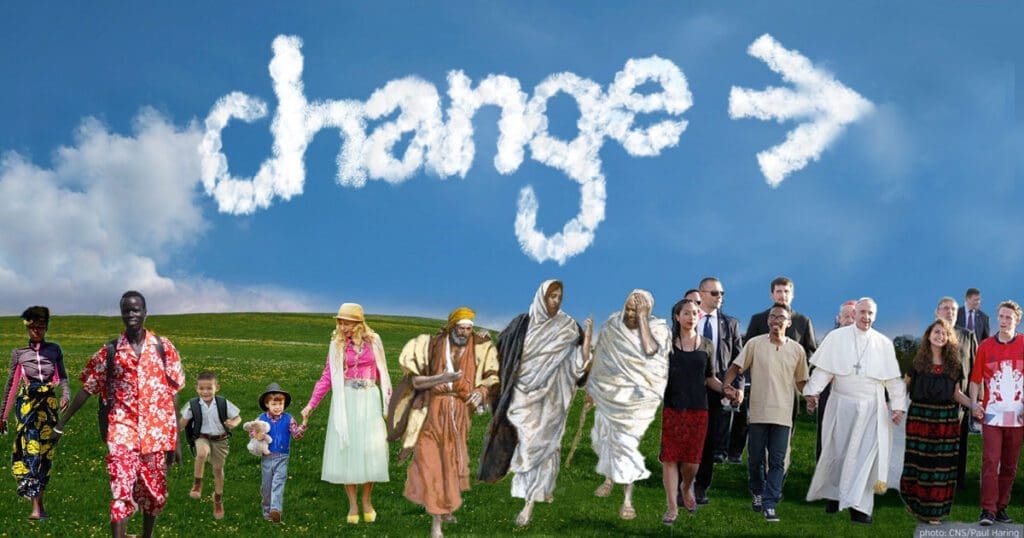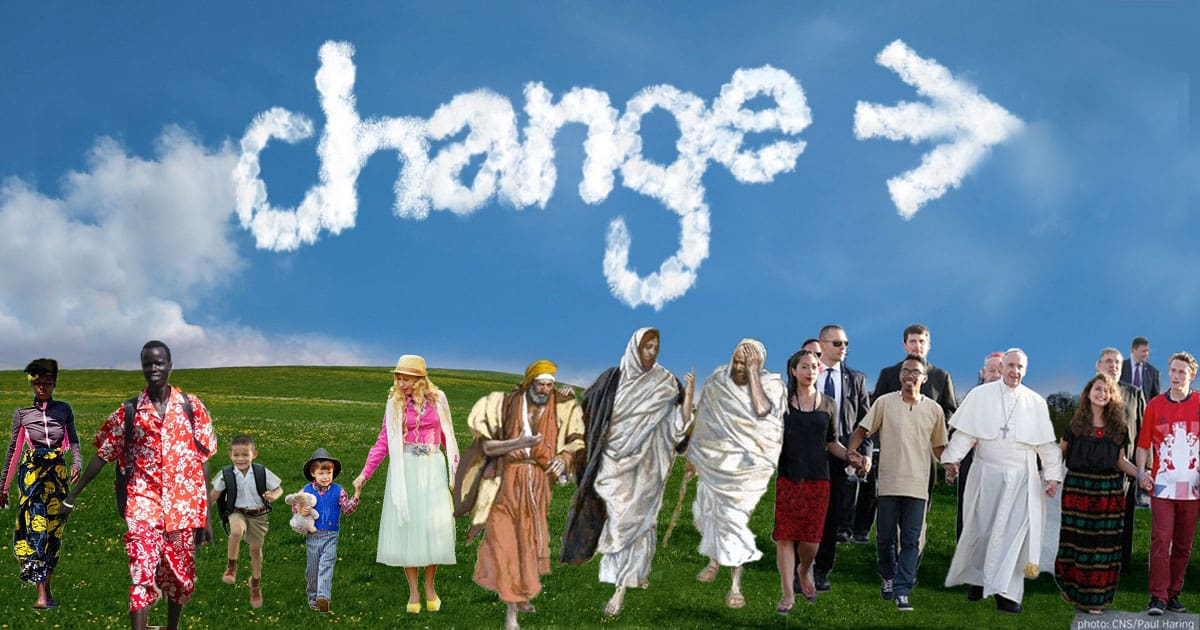Missing the Point!
Been in a conversation where someone missed your point? I certainly have.
I have, more times than I care to admit, been the one who missed the point.
Unfortunately, the more the conversation touches our lives, the more quickly and heated the conversation becomes… especially when it comes to what it means to be followers of Christ.
Conversations about what we feel deeply
Next week, we head into the final phases of what may hold the record for the world’s largest and longest sustained conversation .
In 2019, Pope Francis set in motion a three-year process to explore what is on the minds and hearts of 1.3 billion Catholics. The logistics of such a conversation boggle the mind!
But what is unique is not the size. He has set as the main guideline as not only listening to each other but also listening to the Holy Spirit to points we may have missed.
(We should also remember that there is also a group who have no idea of such discussions.)

When Early Christians missed the point
Jews at the time of Christ had issues that people felt deeply.
The Sadducees insisted on a literal interpretation of the text of Scripture; the Pharisees, on the other hand, gave oral tradition equal authority to the written Word of God
Each thought they were superior to the other.
Jesus challenged them both to recognize that neither side really understood the kingdom.
Learning from the Gospel of Luke
Luke speaks of profound divisions in the first generations of Christians as they grappled with their deeply rooted feelings.
Those raised within Judaism could not envision life without circumcision, dietary laws and a life built around the temple, and many forms of ritual and sacrifice. The Gentiles, for their part, were bewildered by the Jewish claim that Jewish customs were part of Jesus’ message.
The “culture wars” of Luke’s time were furious.
Luke writes as a pastor trying to hold his flock together. In his Gospel, Luke selected material that pointed out the Jewish roots of those steeped from birth in Greek culture. On the other hand, he affirmed the legitimacy of Gentile Christianity as the fulfillment of what the Jewish people longed for.
Paul reminded them of another set of deeply held values.
“Whenever someone says, “I belong to Paul,” and another, “I belong to Apollos,” are you not merely human? … For we are God’s co-workers; you are God’s field, God’s building.” 1 Corinthians, chapter 3.
Fast forward to today…
Today, we have those who cling to a late medieval view of the Church as expressed in the language and liturgy of the Council of Trent. Others seem to think everything is up for grabs.
Each group feels deeply about the shortcomings of the other. Neither seems to be open to how they themselves miss the point.
One tendency seems to fit what is called the “synodal path” in Germany.
Another tendency manifests itself in the extremes of traditionalism.
Jesus could well be addressing both when he said, “Do you understand what I have just done? Wash one another’s feet in memory of me! “By this will they know you are my disciples!“
People will know you are my followers by the respect and reverence you show one another.
Pope Francis has been at pains to show how the decisions of the Second Vatican challenge both liberals and conservatives, inheritors of the tendencies of the Pharisees and the Sadducees.
If you have any doubts, I urge you to go beyond media sound bytes about Pope Francis.
For example, in his major writings, he takes great pains to connect the dots between the Gospel tradition and our still-growing understanding of the Our Father and the Eucharist, transcending the incomplete understanding and differences between factions.
(We should also remember that there is a whole other group that have no idea about this discussion. S
See also Culture Warriors on the left and right can’t derail the Synod)
Can you admit there are points you may be missing?
Originally posted on Vincentian Mindwalk
Tags:







0 Comments